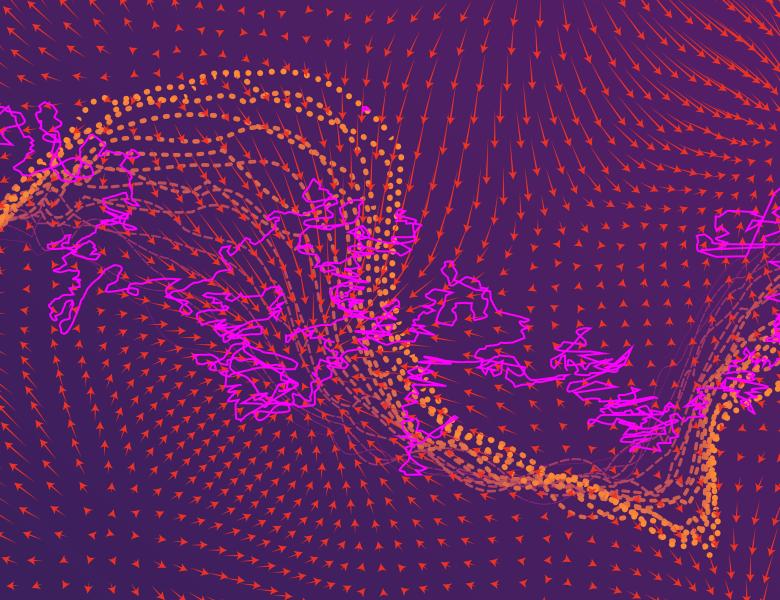
Abstract
Following up on Andreas Eberle’s crash course, I will discuss an alternative approach to sampling using diffusion processes based on the so-called Schrödinger bridge. This approach, going back to a problem posed by Schrödinger in the 1930s in the context of physics, allows one to obtain exact samples from a sufficiently well-behaved target density in finite time using a diffusion process with a time-varying drift. This construction is different from the Langevin Monte Carlo scheme, where one uses a time-invariant drift given by the gradient of the target log-density, and only approximate samples can be obtained assuming the process mixes rapidly enough. In addition to diffusion processes, the Schrödinger bridge problem touches upon the other topics of this bootcamp, including optimal transport and PDEs. The presentation will be elementary and emphasize key ideas in a semi-rigorous fashion, but I will give pointers to relevant literature for further study.


